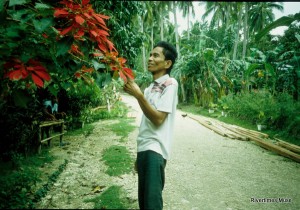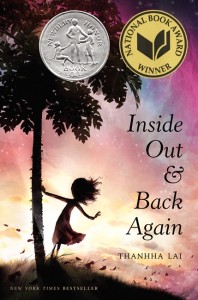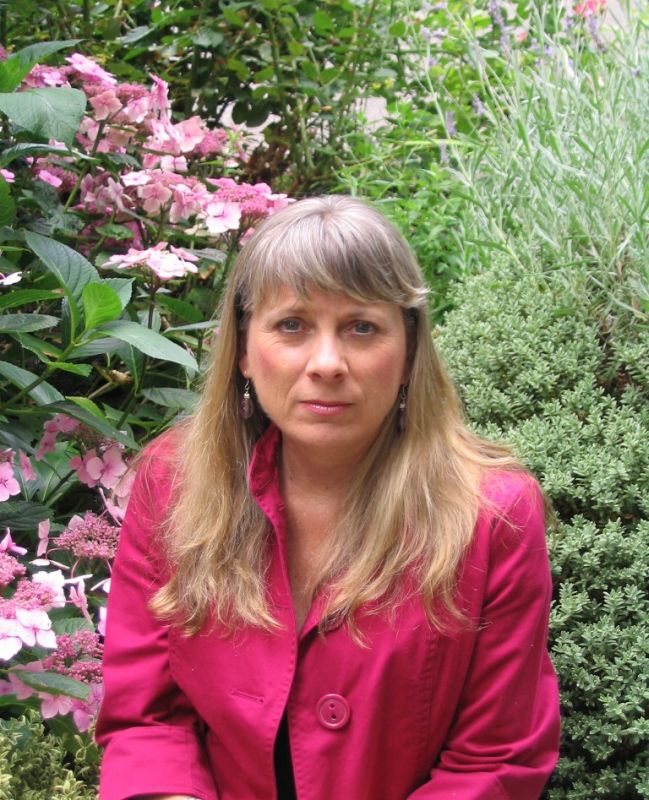“We are each other’s harvest;
we are each other’s business;
we are each other’s magnitude and bond.”
Gwendolyn Brooks
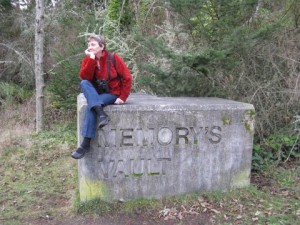
Poet Carolyn Norred notices details. Whether a journey to the Everglades, a week with her family in Hawaii to celebrate their 50th anniversary, or a birding venture in nearby Sacajawea Park, I can often visualize the places and people she’s met along her wanders. She tells me about them or reads to me a poem she’s written.
We first met as colleagues, teaching in the Department of Language and Literature at Lower Columbia College. Soon after, she invited me to travel to Baja and kayak around the Sea of Cortez. Once fall quarter ended we flew out of Portland.
I always thought she was crazy for extending such an invite to an almost-stranger, the new hire. We’d hardly talked up until then but would take off together–both kayak-rookies: That’s how our friendship began–losing luggage, losing tickets, stranded on an island for several days because December’s not the best time to kayak in the Sea of Cortez (unless you like big waves and don’t mind taking it slow and waiting when the sea says so.)
Such ventures and her willingness to take a chance makes Carolyn the special person and poet she is.
Over the years Carolyn would tell stories about the trips we shared Continue reading “Carolyn Norred: Poetry, Seeing & Being”
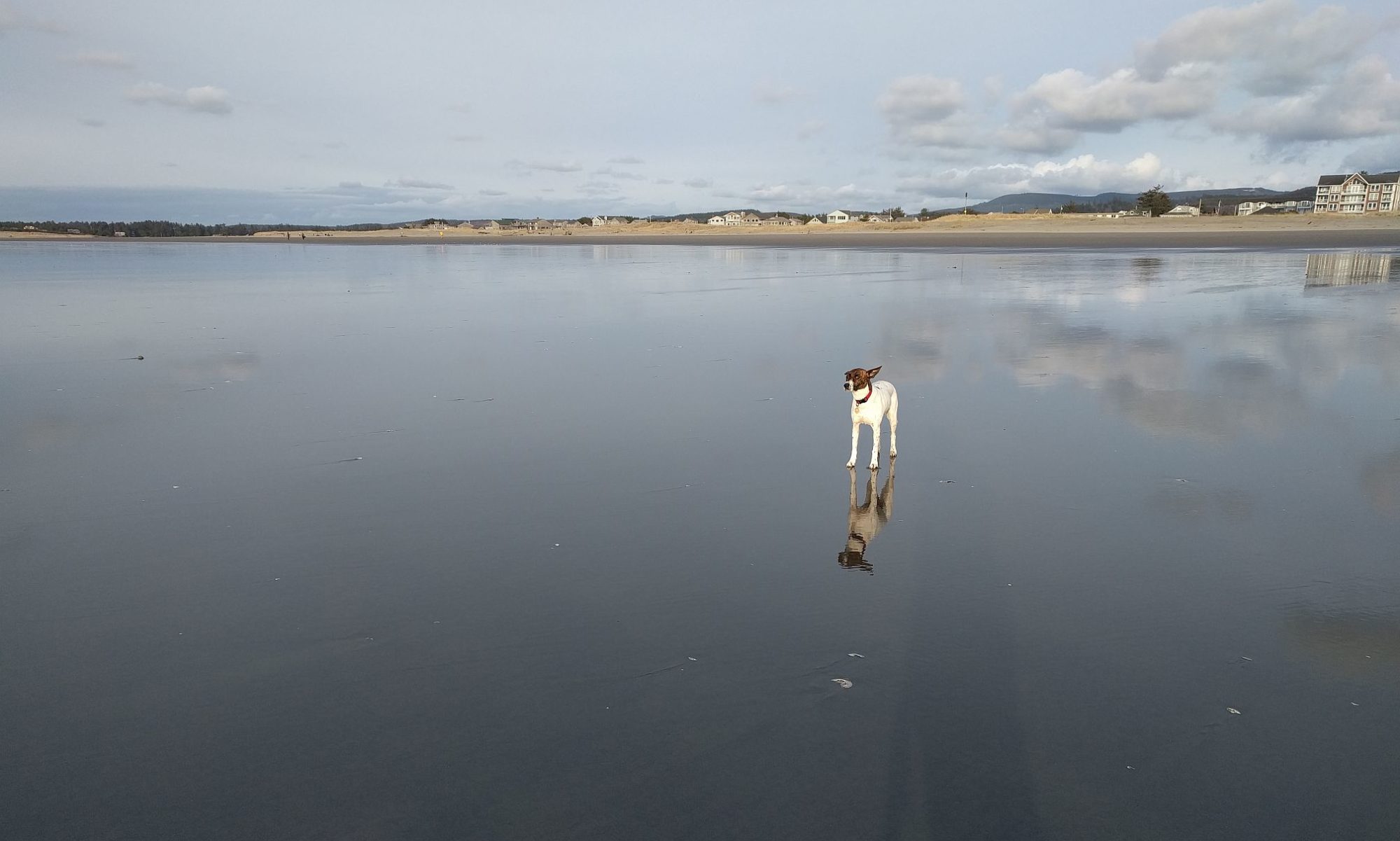

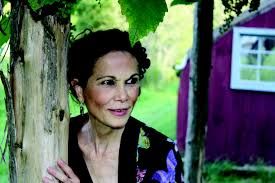 Julia Alvarez spoke at the Arlene Schnitzer Concert Hall in downtown Portland, the final event of the 2014 Arts & Lecture series–and I left inspired.
Julia Alvarez spoke at the Arlene Schnitzer Concert Hall in downtown Portland, the final event of the 2014 Arts & Lecture series–and I left inspired.
